Jabir Rumanyika was still in school when ethnic genocide tore his home country, Rwanda, apart in 1994.
Now 43 years old, he is helping those who have also fled violence and are traumatized by memories of the horrors they witnessed.
“We help in healing where we can,” Jabir said in an interview with Anadolu Agency at the refugee center he runs in Johannesburg. “Where we can’t, we involve therapists who are much more qualified to help the victims.”
Jabir lost 21 family members, including his father, in a 100-day orgy of bloodshed that saw an estimated 800,000 Tutsis and moderate Hutus slaughtered in 1994.
Also Read: Boycott of Zionism, The Most Powerful Weapon
“I remember this image. I will never forget it,” he said. “I saw a Hutu man shooting a pregnant Tutsi woman in her belly.”
Despite witnessing such horrific scenes, Jabir has never received any counseling for himself. Instead, he derives his strength from reading the accounts of fellow survivors.
“I wish I could become a therapist myself because I see more wounds that need healing,” he told Anadolu Agency.
As a child, his dream had been to become a diplomat but his hopes were shattered on April 6, 1994 as he sat at a friend’s home working on a school assignment.
Also Read: Nuclear Technology: Harm and Benefit from the Qur’anic Perspective
“We heard a loud explosion,” he said. “The explosion was so loud — boom, boom — everyone was surprised and wondered what was going on because the explosion was unexpected.”
What Jabir probably heard was the shooting down of President Juvenal Habyarimana’s plane as it came in to land at Kigali International Airport.
Within hours, the president’s death was confirmed and Hutu militants, known as the Interahamwe, set up roadblocks and began hunting down Tutsis and moderate Hutus — often hacking them to death with knives and machetes.
Jabir, who was aged 23 at the time and living with his aunt in the capital so he could attend secondary school, recalled: “That night, we heard a lot of noise around the city. We could not sleep. People were crying on the streets, there were grenade explosions almost everywhere. The massacres had started.”
Also Read: Gaza Cries Out, the World Stays Silent: A Wounded Humanity
As a Tutsi, Jabir was in great danger as radio broadcasts urged the Interahamwe to kill Tutsi “cockroaches”. As massacres broke out across the capital and spread further afield, Jabir and his aunt stayed inside.
On the odd occasion he did sneak out of the house he saw bodies lying in the streets amid pools of blood.
“Sometimes the Hutu militia would come in the night and knock on our doors saying they want cockroaches but we would remain silent,” he said.
– Muslim Hutus saved Tutsis
Also Read: Indo Defence Expo and Forum; Sharing Responsibility of Humankind and Environment
Perhaps vital to Jabir’s survival and that of many other Tutsis was the actions of Hutu Muslims.
“When the genocide intensified a Muslim Hutu man came to my aunt’s home and told her that I must leave the house that night by all means because the Hutu extremists were coming to kill us,” he remembered, blinking back tears.
According to Jabir, Hutu Muslims not only protected their Tutsi coreligionists from the bloodthirsty militias but also saved many Christian Tutsis and hid them inside mosques.
“They resisted the trap of killing their fellow countrymen,” Jabir said.
Also Read: Safiya Saeed: From Somali Migrant to First Hijab-Wearing Mayor of Sheffield
Some Tutsis who sought safety in churches were killed by their fellow Christians, including priests, he added.
His aunt bribed militia members to take Jabir to the Tanzanian embassy. On the way, they were stopped at a roadblock set up by a Hutu mob.
He watched helplessly as a pregnant Tutsi woman traveling with him was dragged from their car and shot dead.
“I was also beaten but the militia who were taking me to the embassy saved my life by fighting back,” he said, his voice cracking with emotion.
Also Read: Why Food Safety is Essential During Hajj Services?
He stayed at the embassy with fellow Tutsis and Tanzanian nationals for the rest of the genocide. “There was no time to sleep at night. We were neighboring the Sainte Famille church and could hear the noise of people being killed by Hutu extremists.”
It was only after the Rwandan Patriotic Front took the city that Jabir learned of his relatives’ deaths.
Afterwards, he decided to leave Rwanda. “I could not find hope in my country anymore,” he said.
“Everything had been destroyed.” (P010/R03)
Also Read: Indonesia Sign Language Mushaf Qur’an; A Sustainable Gift in Celebrating Pancasila Birthday
taken from Anadolu
Mi’raj Islamic News Agency (MINA)
Also Read: Leila Khaled, The Icon of Palestinian Women’s Resistance





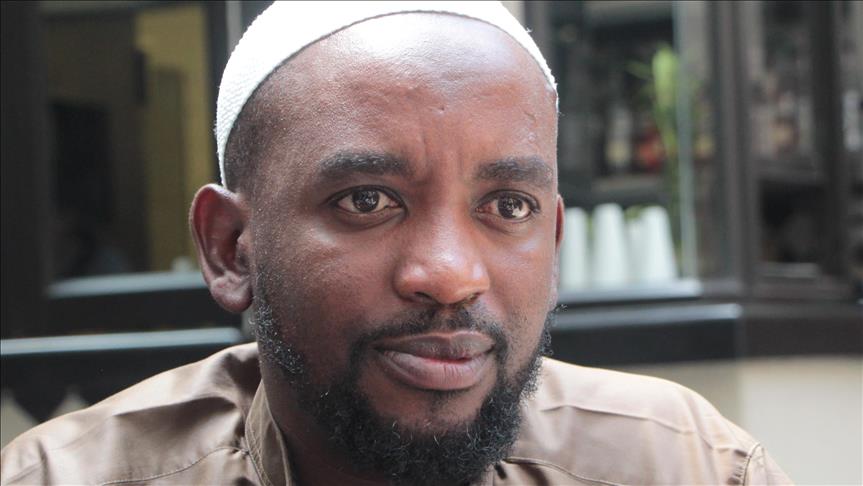




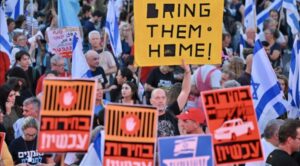
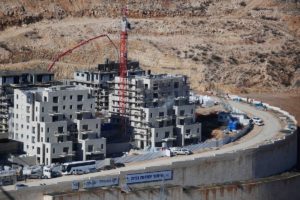
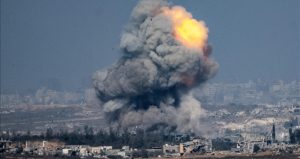

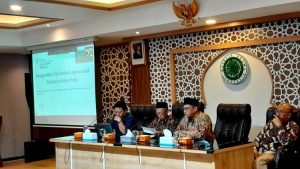
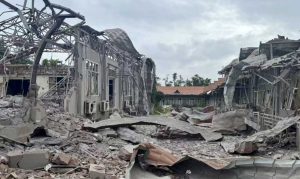
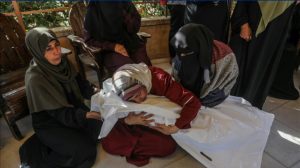

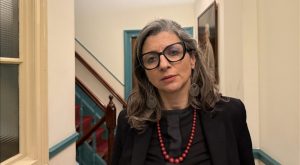
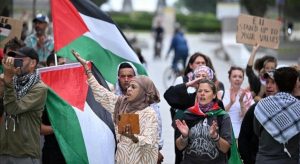






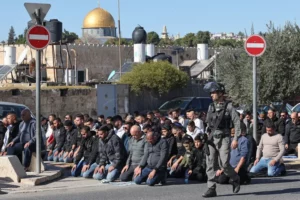




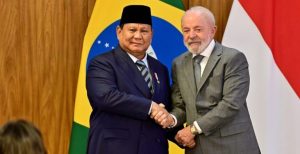
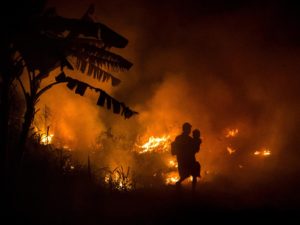



 Mina Indonesia
Mina Indonesia Mina Arabic
Mina Arabic